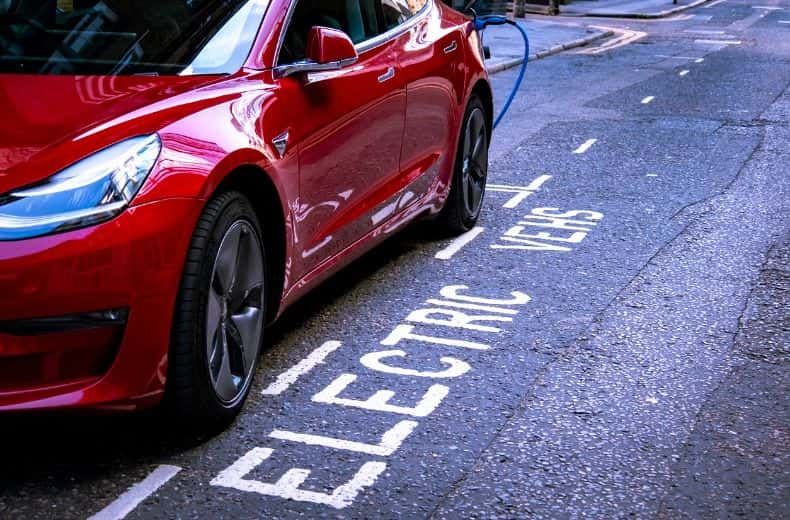The fresh data shows each UK council only plans to fit 35 additional on-street chargers by 2025.
A Freedom of Information request, issued to 400 local authorities by Centrica, found that over the next four years, 9,317 chargers are planned to be installed across the UK – more than doubling the existing 7,682.
Regions in the south of England are 2.5 times more likely to install charge points than the rest of the UK combined.
According to Centrica’s survey, 83% of drivers think having a private driveway makes it easier to own an EV. Almost half of the 2,000 motorists polled said they wouldn’t consider an EV because of poor charging infrastructure in their area.
Just 7% of drivers who say they have no access to off-street parking already own an EV; 24% are considering one, while 53% have ruled out buying an EV.
National grid statistics show that 40% of people in England and Wales don’t have access to off-street charging.
Amanda Stretton, sustainable transport editor at Centrica, said: “The latest figures released today demonstrate the need for all UK councils to play their part in helping to achieve the 2030 ban.
“With half of drivers attributing lack of chargers as the main reason preventing them from purchasing an EV, it’s unfair that those without a driveway risk getting left behind.”
The sustainable transport expert pointed out some of the ways Centrica are working to improve charging infrastructure: “For example, we are working with businesses to install smart charging systems which help automate charging at times which does not put pressure on the grid.
“This helps regulate demand and ensures customers get the best deal on electricity prices.”
- Electric car charging – how it works and how much it costs
- Electric cars – definitive guide & buyer's guide
- The road to electric – The UK's adoption of electric cars in charts and data
A slow start by UK councils then, but plenty of other innovative solutions are being considered to meet increasing demand.
We recently heard of plans to charge electric cars using ‘Scalextric-style’ roads which could be a reality within the next two years.
Western Power Distribution has joined forces with energy regulator Ofgem to invest £417,000 into the project and explore the feasibility of embedding chargers beneath roads in Coventry.
In December last year, the UK’s first all-electric car charging forecourt opened in Braintree, Essex with space to charge up to 36 cars at a time. Gridserve plans to open more than 100 more of its charging stations across the country over the next five years.
And after revealing its first rapid-charging post in October 2017, Shell intends on opening its first all-electric car charging forecourt in London later this year.
Let us know how you feel about on-street EV chargers in the comments below. Is poor coverage preventing you from making the switch?

Cheaper than AA or we’ll beat by 20%^
• Roadside cover from £5.49 a month*
• We get to most breakdowns in 60 mins or less
• Our patrols fix 4/5 breakdowns on the spot







